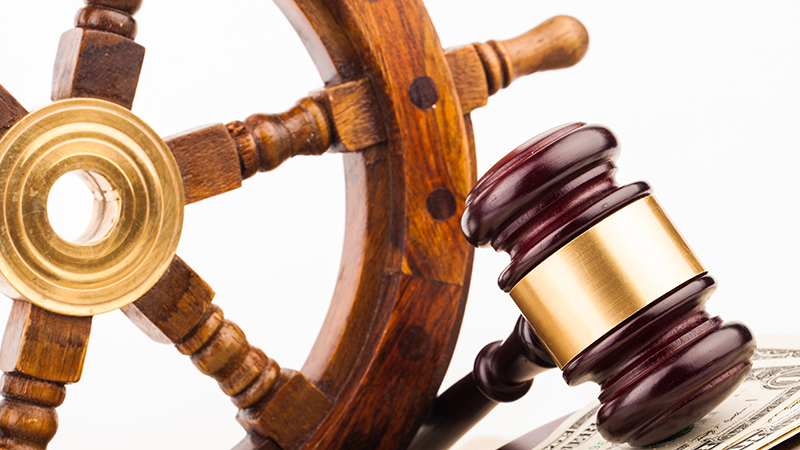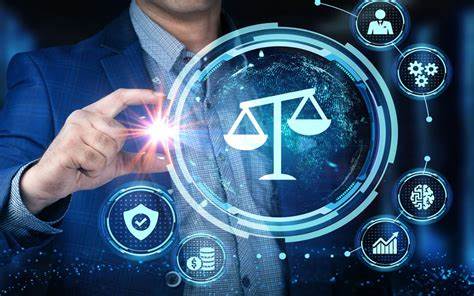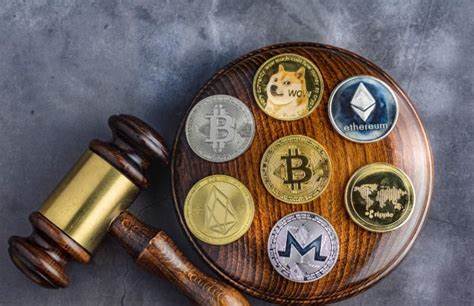The Internet of Things (IoT) is transforming the way we live, work, and interact with our environment. From smart homes and wearable devices to industrial automation, IoT is revolutionizing industries and everyday life. However, as this technology grows, it raises serious concerns about data privacy and protection, especially in countries like Nigeria, where privacy laws are still evolving.
What is the Internet of Things (IoT)?
IoT refers to a network of interconnected devices that communicate with each other via the internet. These devices collect, share, and analyze data to improve efficiency and provide better user experiences. Examples of IoT devices include:
- Smart thermostats
- Wearable fitness trackers
- Smart refrigerators
- Security cameras connected to apps
- Industrial sensors in factories
In Nigeria, IoT applications are gradually gaining traction, particularly in sectors like agriculture, healthcare, and transportation. For instance, farmers now use IoT devices to monitor soil quality and weather conditions, while healthcare facilities adopt smart health monitors for better patient care.
The Privacy Challenge
Despite the benefits, IoT raises significant privacy concerns. These devices collect vast amounts of personal and sensitive data, such as location, health records, and user behavior. Without proper regulation, this data can be misused, leading to issues like identity theft, unauthorized surveillance, and even financial fraud.
In Nigeria, these challenges are particularly relevant because:
- Limited Awareness: Many Nigerians are unaware of the privacy implications of IoT devices.
- Weak Enforcement: Regulatory frameworks for data protection and IoT are still underdeveloped.
- Cybersecurity Risks: The country faces a high rate of cybercrime, making IoT data vulnerable to breaches.
Privacy Laws in Nigeria
Nigeria has made progress in enacting privacy laws, but significant gaps remain, especially in addressing IoT-specific concerns. Key privacy laws in Nigeria include:
- Nigeria Data Protection Regulation (NDPR):
The NDPR, introduced in 2019, is Nigeria’s primary data protection law. It governs the collection, processing, and storage of personal data. The regulation applies to all organizations operating in Nigeria, including those dealing with IoT data. However, the NDPR does not explicitly address IoT devices, leaving room for interpretation and enforcement challenges. - Cybercrimes Act (2015):
This act focuses on preventing cybercrime and ensuring cybersecurity in Nigeria. While it mentions data protection, it does not provide comprehensive guidelines for IoT data security. - National Information Technology Development Agency (NITDA): NITDA oversees the implementation of the NDPR and provides general guidance on data protection. However, there is a need for IoT-specific regulations to address emerging threats.
The Need for IoT-Specific Privacy Laws
As IoT adoption grows in Nigeria, there is an urgent need for updated and comprehensive privacy laws. These laws should:
- Clearly define how IoT data can be collected, stored, and shared.
- Mandate strong encryption and cybersecurity measures for IoT devices.
- Ensure that users have control over their data, including the right to access, delete, or restrict its use.
- Hold IoT manufacturers accountable for data breaches caused by device vulnerabilities.
What Can Consumers Do?
While waiting for stronger regulations, Nigerian consumers can take steps to protect their privacy when using IoT devices:
- Read Privacy Policies: Understand how your data will be used before purchasing an IoT device.
- Use Strong Passwords: Secure your devices with unique, complex passwords.
- Update Software Regularly: Ensure that your IoT devices have the latest security updates.
- Limit Data Sharing: Disable unnecessary features that collect personal data.
- Invest in Secure Devices: Choose reputable brands with a track record of prioritizing user privacy.
CONCLUSION
The Internet of Things presents exciting opportunities for Nigeria, but it also introduces significant privacy risks. While laws like the NDPR are a step in the right direction, they must be updated to address the unique challenges posed by IoT. Until then, consumers and businesses must prioritize privacy and cybersecurity to fully enjoy the benefits of IoT without compromising their safety.
By combining technological innovation with robust legal frameworks, Nigeria can create a safer and more efficient IoT ecosystem that benefits everyone.






